Artificial intelligence (AI) could greatly benefit and streamline sustainable agriculture in the EU at every point in the production chain, from farm to fork. However, it does not come without challenges to its implementation.
The potential benefits of AI in agriculture
With an increasing global population and resource scarcity come challenges for sustainable food production. Technological developments, especially artificial intelligence (AI), can help make the entire food production process more efficient and improve the sustainability of agricultural techniques.
The chain of events that unfolds in between planting a crop to putting food on the table is quite complicated: planting the right crop in the right soil, protecting it from pests, harvesting it at the right time, and transporting the harvest to the consumer take a huge amount of experience and coordination. AI can help to streamline this process at many points along the chain.
Not only can machines automatically plant, fertilise, and harvest crops, but AI can also analyse data from the farm through sensors and cameras and can advise farmers on where and when to plant crops.
According to Jörg Dörr, Professor of Digital Farming at Kaiserslautern, this advice is sometimes counterintuitive:
We can measure the biomass in a certain area of the field using hyperspectral cameras from satellites. If we see a big dark green area, that is in high biomass, and you will get a high yield. If we have a yellow or reddish colour, do we add more fertilizer there? My students will say, yes! But that is not necessarily the right decision, because you have to know if there is.”
Similarly, an AI-powered camera mounted on a tractor can automatically detect pests and spray pesticide in a targeted area, reducing the use of pesticides. But AI can take this even further and can link pest detection in specific areas over time with implications for farm management
Josse de Baerdemaeker, Emeritus Professor, KU Leuven:
Let’s say we have different test plots in a field, and we have bugs in some of them. Now we do a satellite area observation, and we see where the disease is and send the tractor there to spray pesticide. That is not enough. The spread of the disease changes over time, so we have omitted the temporal dynamics. If we have observations at different locations and different times, we can link these together to see the evolution.”
The key contribution of AI in both of these examples is that it is able to detect patterns in massive amounts of data. The data is not always available or possible to process without the use of AI. Furthermore, AI can link together conclusions based on factors that are not necessarily obvious even to a highly experienced farmer. Indeed, this capacity for pattern-detection and swift processing is what makes AI a powerful means to support European agriculture.
Jörg Dörr:
Farmers know their fields very well, they have 20-30 years of experience, but they cannot have the experience of thousands of farmers in the world. That is where AI has the potential to analyse all the data from all the experience of all the famers together, and it can recommend a particular course of action to try. If it succeeds, maybe it will improve yields even further.”
Completing the cycle, AI can also optimise supply chains to ensure that products are produced and delivered when and where they are needed.
Implementation challenges
AI and other technological developments could bring great benefits to the agricultural industry and society in general, can help achieve the EU green and digital transitions, and can support European food security. But challenges remain in bringing farms online.
One of the main problems is connectivity: many areas of the EU are remote with underdeveloped telecommunications systems, which will put some farmers at a disadvantage. Another problem is getting farmers to trust the system and share their data. This can be difficult for many reasons, including famers’ concerns over data ownership.
According to Prof. Jörg Dörr, if this hurdle can be overcome, the technology is ready to go:
The good news is that the technological solutions are there, and the data is there. But the technology is not widespread because people have serious questions, e.g. about data sovereignty. If all farmers would share all their data, then the research industry and governments would have enough material to implement it. But the question is how to convince farmers. The best it to give them control and transparency, and it needs to be encouraged by policymakers. It’s not that we can’t do it – it’s about convincing the industry and the farmers to use it.”
Lastly, digitalisation and the use of AI brings new cybersecurity threats to the field: the rollout of AI would require shoring up cybersecurity through the entire food supply chain.
Josse de Baerdemaeker:
AI gives us strength, but it needs to recognise and overcome weak points in the food supply chain. If the chain is broken somewhere between the farmer and the data analysis operator or the market, what do you do? There needs to be redundancy in the system so that it still works.”
According to Prof. Baerdemaeker, both of these challenges could be addressed, at least in part, through ‘edge computing’, a method that localises the data analysis to the ‘edges’ of the network. This simultaneously reduces the data traffic going through networks and broadens the distribution of intelligence, offering protection in the system from cybersecurity attacks.
Current state of regulation in the EU
AI has been placed high on the European agenda. The future and potential use of AI in agriculture would bring new and exciting opportunities, but also several challenges. The widespread use of AI in the EU would therefore require careful management in line with European values and standards. Research and debates about how, and to what extent, AI should be regulated in the EU are still ongoing and will likely not dissipate soon.
In 2019, 26 Member States signed a joint Declaration of cooperation on digitalisation for European agriculture. In this Declaration, EU countries agreed to strengthen support for smart farming, and establish infrastructure and a common dataspace for smart agri-food applications.
At the request of the Parliament, the Commission produced a proposal on a legislative framework to regulate AI in the EU, which was published on 21 April 2021. This framework explicitly lists agriculture as one of the high-impact sectors in which support from AI is needed. It is comprehensive and will be debated among the other institutions before it is approved.
Alongside the AI legislation, the Common Agricultural Policy (CAP) reform is underway, with the Commission having already presented its proposal. This is expected to be implemented in 2023. One of the key aspects of the CAP reform is to support the digital transition in European agriculture by building stronger agricultural knowledge and innovation systems.
O artigo foi publicado originalmente em European Science-Media Hub.


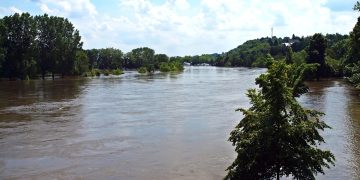


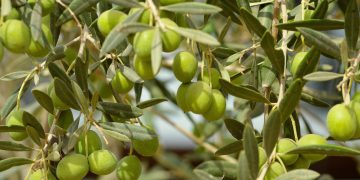
















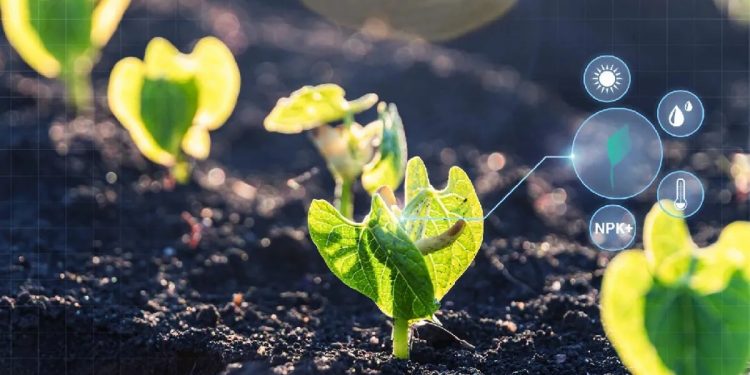
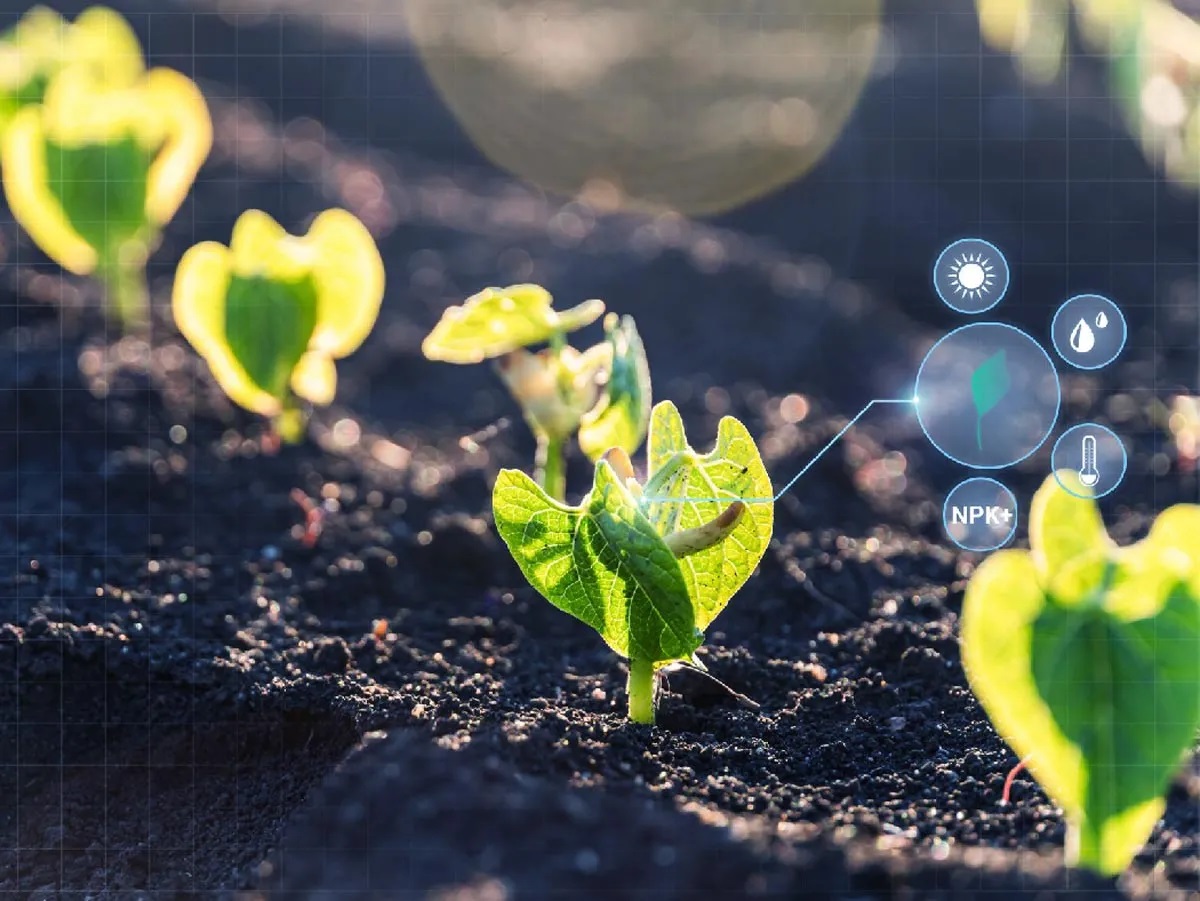

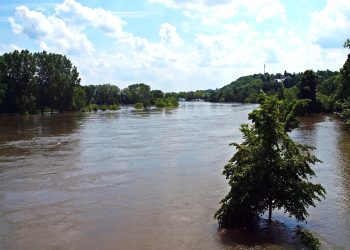




























Discussão sobre este post